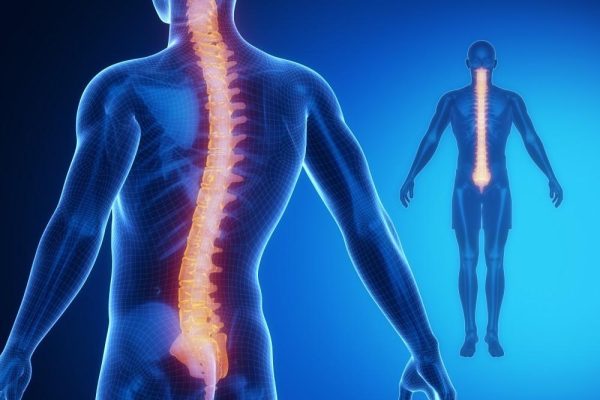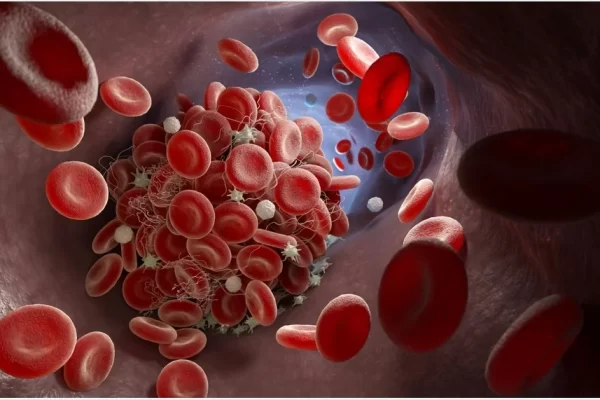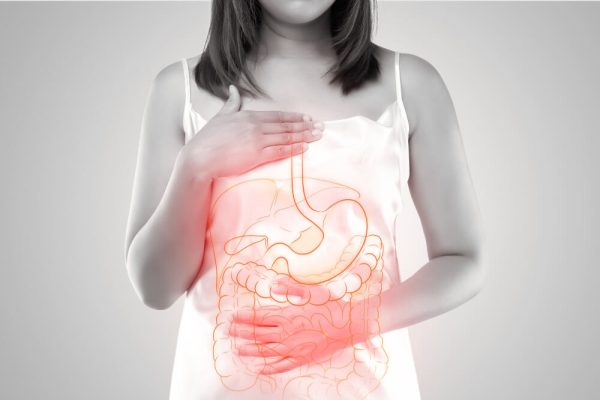Smoking during pregnancy can be a major public health concern for both mom and baby, as the effects of smoking on unborn babies are serious.
If you want to learn more about the potential harms of smoking while pregnant and steps you can take if struggling with nicotine addiction, keep reading.
Table of Contents
Preterm Birth
Research shows that smoking cigarettes while pregnant can increase the likelihood of having a preterm birth. Preterm birth happens when an infant is born before 37 weeks of gestation, resulting in complications such as underdeveloped organs and other medical issues.
If this potential issue wasn’t enough to deter expecting mothers, other adverse impacts are associated with preterm birth. This includes a higher risk for additional medical needs and longer hospital stays.
Low Birth Weight
Infants exposed to cigarette smoke in utero are more likely to weigh less than five pounds at birth, which carries lifelong health implications.
Low birth weight babies may experience respiratory problems and other chronic illnesses due to their underdeveloped organs and immune systems.
Sudden Infant Death Syndrome (SIDS)
The effects of smoking during pregnancy are immense; unfortunately, Sudden Infant Death Syndrome (SIDS) is one of the possible outcomes.
According to research, the infants of mothers who smoked while pregnant are at a much higher risk of SIDS. In fact, some reports advertise that it can increase the risk by as much as five times.
This can be attributed to the chemicals and toxins that enter the body with cigarette smoke—they affect the pregnant mother’s health and that of her unborn child. Perhaps more concerning is that this same risk factor persists even if only secondhand smoke is inhaled.
Childhood Asthma
Babies born to mothers who smoke while pregnant are up to four times more likely to develop childhood asthma.
Heightened exposure to harmful toxins and chemicals in cigarettes while still in utero can create difficulty in lung development, leading to inflammation and problems with respiratory function.
Asthma often begins at a young age, with studies showing that this is especially true for babies born from cigarette-smoking mothers.
Developmental Delays
Smoking has been associated with developmental delays later in life for children whose mothers engaged in smoking during pregnancy. These delays, including increased risk for disorders such as ADHD and autism spectrum disorder, have been found to persist through adolescence and sometimes into adulthood.
It affects fetus growth, but research suggests that exposure to secondhand smoke between 0-2 years of age can also adversely impact future development.
Learning Disabilities
Exposing an unborn fetus to the toxins of cigarette smoking can have terrible consequences. One of the primary risks involves learning disabilities.
Studies have shown that smoke exposure in utero has been directly linked to lower aptitude test scores and poor language, memory, and attention skills.
Smoking during pregnancy deprives the baby of essential oxygen and nutrients, decreasing the infant’s overall physical development, which may lead to long-term brain damage.
Respiratory Issues
Numerous studies have confirmed that women who smoke during pregnancy are more likely to give birth to premature babies with a much higher risk of developing respiratory issues shortly after birth.
Moreover, those born prematurely due to smoking during the mother’s pregnancy may also suffer from breathing difficulties such as bronchopulmonary dysplasia and chronic lung disease.
Hearing Loss
Studies have demonstrated that the internal environment introduced by smoking, including nicotine, carbon monoxide, and other toxic chemicals, can lead to hearing impairment in newborns. This may not seem like an immediate danger, but research has suggested long-term problems with communication and language skills due to decreased hearing acuity.
Astigmatism
One of the many adverse outcomes of smoking during pregnancy is an increased risk for astigmatism, a condition in which the eye cannot focus light evenly onto the retina.
Children born to smokers are more likely to suffer from this blurring of vision caused by irregular cornea shape and curvature, causing problems with their ability to distinguish between shapes and objects in near and distant vision.
Unfortunately, such effects tend to be permanent but can be addressed through corrective lenses or other treatments.
Congenital Anomalies
One of the major consequences of smoking while pregnant is an increased chance of having an infant with a birth defect or congenital anomaly.
According to recent studies, many of these anomalies involve heart defects, cleft lip and palate, and neural tube defects.
Impact on Oral Health
In addition to these risks, smoking during pregnancy can significantly impact the oral health of both the mother and the unborn child. Smoking is known to cause various oral health issues, including tooth discoloration, halitosis (bad breath), an increased risk of oral cancer, periodontitis (advanced gum disease), and a higher likelihood of developing dental cavities due to the buildup of tartar, plaque, and bacteria in the mouth.
Do Not Underestimate the Hazards of Smoking During Pregnancy
Parents who smoke during pregnancy put their unborn children at an increased risk of serious developmental, learning, and physical health issues. From lower scores on aptitude tests to respiratory problems and hearing loss, smoking during pregnancy can have long-term and devastating consequences.
Furthermore, it increases the chance of having an infant with a birth defect or congenital anomaly. It is, therefore, essential for pregnant women to avoid smoking to give their children the best chance at life.
Taking the necessary steps to ensure a healthy pregnancy, including avoiding smoking, can significantly reduce the possibility of any adverse outcomes and positively impact future development.





